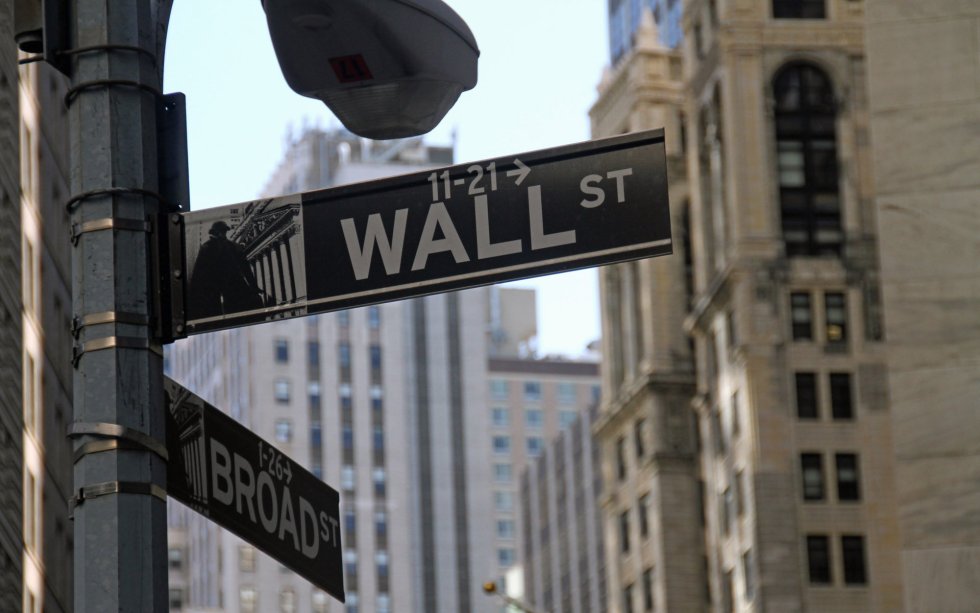The lack of volatility in global markets is leading investors to seek riskier investments with increased rewards. Cryptocurrencies, such as Bitcoin, are being used to feed this increased investor appetite.
Analysts at Deutsche Bank have asserted that there is a correlation between the price of Bitcoin and the volatility index (VIX). The analysts backed up their argument saying that the first three weeks of 2018 so far show “correlation between Bitcoin and VIX has increased dramatically.”
The analysts go on to say:
The current ‘triple-low environment’ of low interest rates, low spreads, and low volatility has given birth to new asset classes like implied volatility (ETFs selling volatility), and cryptocurrencies.
Retail Investors Informing Institutional Investor’s Ideas Of Asset Sustainability
It appears to be a sign that investors’ risk appetites are growing as they veer away from the safer stocks and look to the large gains that are made in more volatile markets, such as those like Bitcoin and other more established cryptocurrencies.
Masao Muraki, Hiroshi Torii, and Tao Xu, Deutsche Bank global financial strategists, write:
Cryptocurrencies are closely watched by retail investors, affecting their risk preferences for stocks and other risk assets. Although institutional investors recognize that stocks and other asset valuations may have entered bubble territory (US equities’ average P/E is around 20x), they cannot help but continue their risk-taking. Now, a growing number of institutional investors are watching cryptocurrencies as the frontier of risk-taking to evaluate the sustainability of asset prices.
The correlation that the analysts highlight is that when volatility, as judged by the VIX, drops, then they are seeing the price of Bitcoin rise as investors seek potentially more lucrative investments.
The analysts conclude:
The result is that institutional investors, who are supposed to value assets using their sophisticated financial literacy, analysis, and information-gathering strengths, are actually seeking feedback about the market from cryptocurrency prices (which are mainly formed by retail investors).
Greed Is Good
Steve Chiavarone of Federated Investors told CNBC’s Trading Nation that:
It’s the first sign of greed since the Great Recession, It’s indicative of rising risk appetites which will drive equity markets higher almost regardless of what happens with bitcoin.
These risk appetites are currently not being exercised in the world of traditional stocks but rather in the world of cryptocurrencies. However, Chiavarone is confident that whatever happens to Bitcoin and crypto in 2018, investor appetites have nonetheless grown from their exposure to cryptocurrencies. As 2018 unfolds, we will see if money moves back to traditional stocks or remains with Bitcoin and other virtual currencies.
Is the correlation a sign of causation? Are retail investors’ risk profiles increasing and what will this mean for traditional markets? Let us know what you think in the comments below.
Images Courtesy of Bitcoinist archives and Pxhere.
